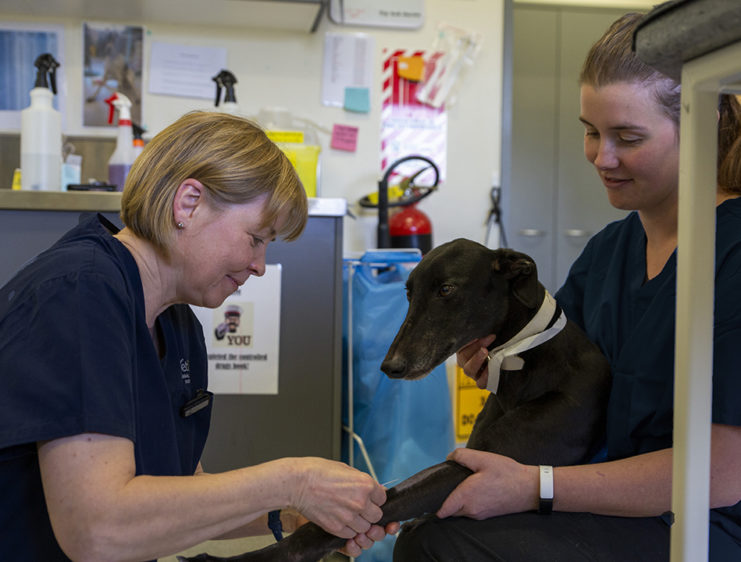
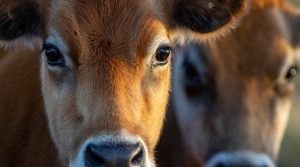 Explore the latest news, insights, and seasonal advice designed to keep your pets and livestock healthy and thriving.
Explore the latest news, insights, and seasonal advice designed to keep your pets and livestock healthy and thriving.NSAID use in mastitis
Mention mastitis on any farm and discussion almost immediately turns to bacteria and which might be responsible for the given scenario. However, this is not necessarily the correct link to make. Mastitis simply describes inflammation of the mammary tissue. Although bacteria may be (and often are) responsible for causing that inflammation, there are other causes […]
READ MORE

Centre for Dairy Excellence
Centre for Dairy Excellence It gives me great pleasure to introduce myself: I am Mark Youngs, Principal Consultant for the Centre for Dairy Excellence Ltd. As of the 1 April 2021, TSG Consultants partnered with Vetlife, starting a new agricultural consultancy service called the Centre for Dairy Excellence. We think that this is one of […]
READ MORE

A useful in-house test available to clients – Mastatest® by Mastaplex
Mastitis is a problem that no farm can avoid, however, by lowering rates and increasing response, the treatments are all steps in the right direction. A number of different pathogens are responsible for being the causal agents in mastitis cases, and understanding what we are dealing with can help tailor a treatment plan which is […]
READ MORE

M. Bovis Surveillance Programme
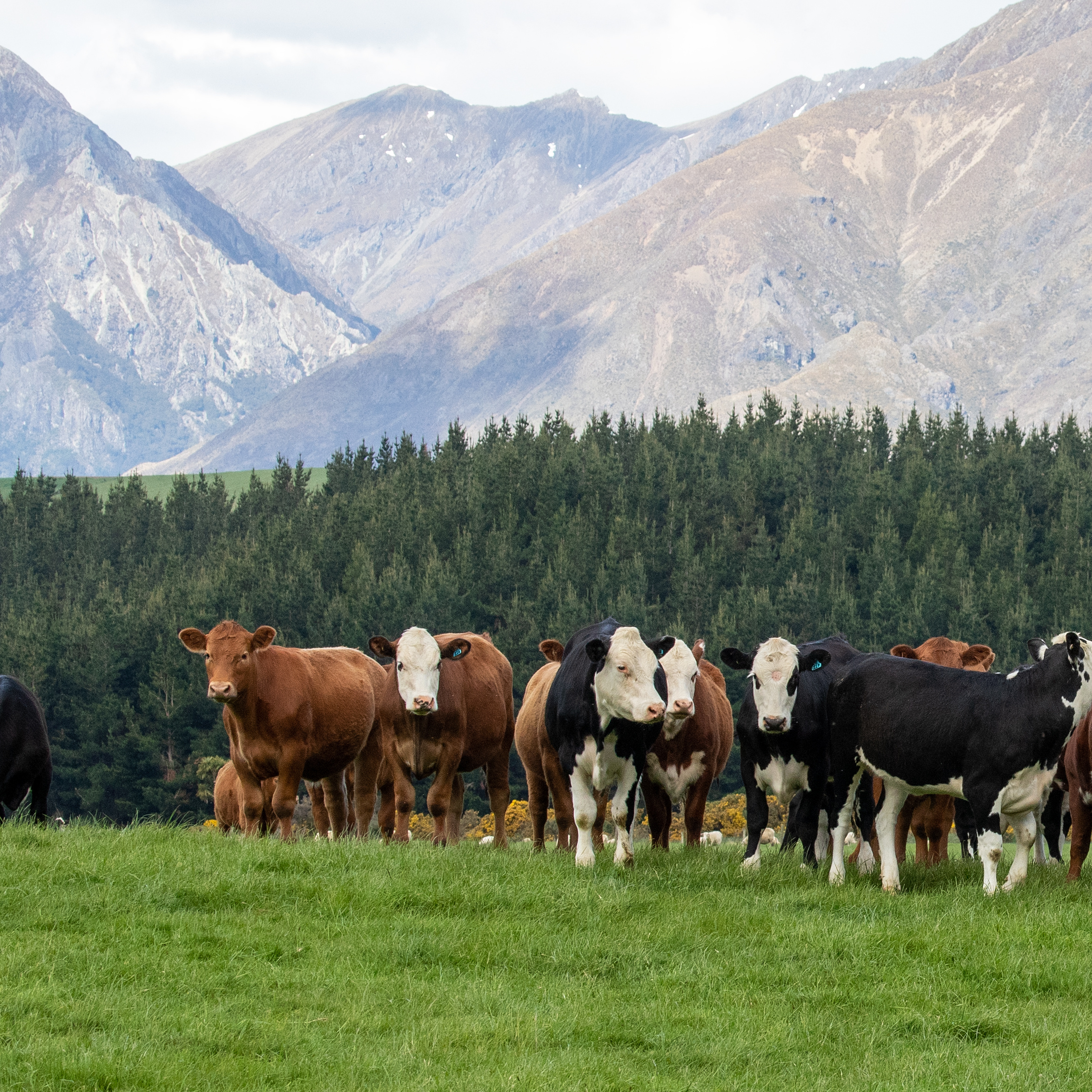
National Beef Cattle Surveillance for Mycoplasma bovis (M. bovis) is an important programme for providing evidence that M. bovis is not widely distributed among beef and dry stock cattle in New Zealand. As New Zealand moves towards the tail end of eradicating M. bovis, ongoing surveillance is important to show ‘freedom from disease’. It […]
READ MORE

Leptospirosis in deer
Leptospirosis, or Lepto, can affect a wide variety of livestock including deer. There are three predominant strains or serovars of Leptospira bacteria that can affect deer: Leptospira Hardjo-bovis is the most common one, causing mild infections and sub-clinical disease. It does have the potential to cause significant production-limiting effects through reduced growth rates in weaner […]
READ MORE

Restricted Veterinary Medicine Authorisations
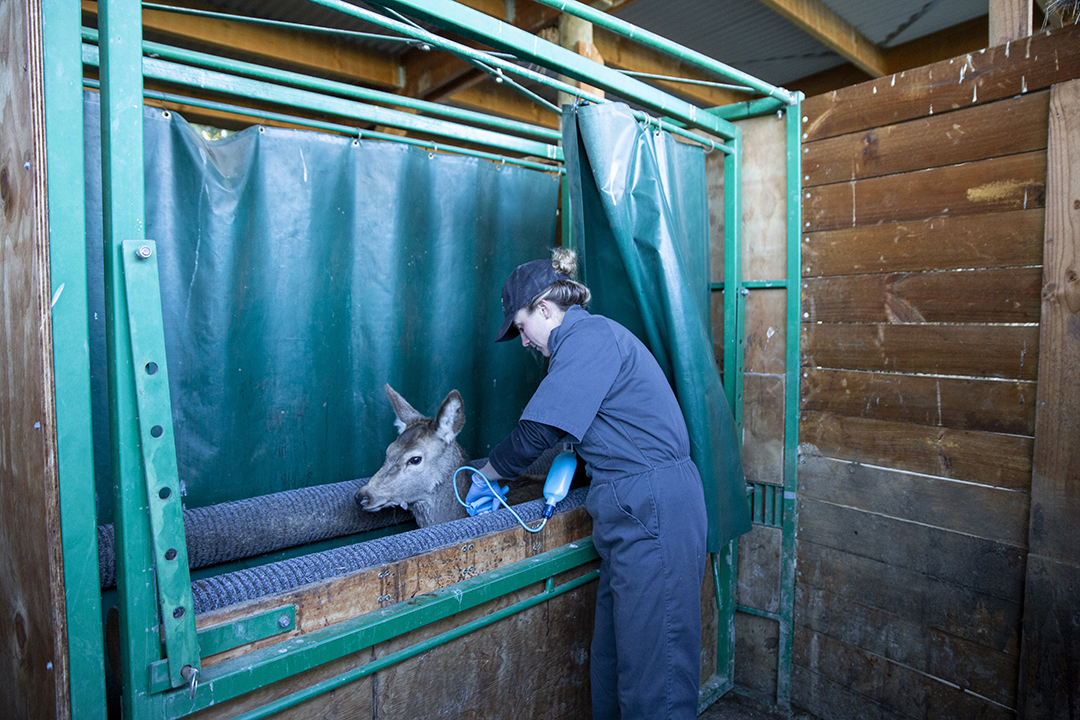
Many sheep, beef and deer farmers will be reviewing their annual scripts at this time of year, so why not use this process to your advantage rather than treating it as a pain in the proverbial? Often this is your one chance to sit down with your Vetlife vet and revise your animal health plan […]
READ MORE

BVD – the scourge disease of all NZ cattle diseases
BVD is a viral disease that causes profound suffering for both individual cattle and cattle at a herd level. BVD is commonly found in New Zealand dairy and beef herds. BVD must be assumed to be present and causing stock losses unless proven otherwise. Many NZ cattle farmers do not recognise BVD disease symptoms, so […]
READ MORE

Dental Disease in Pets

Dental disease is one of the most common problems seen in cats and dogs. Up to 70% of cats and 80% of dogs will show signs of dental disease by 2 years of age. It is therefore vital to start preventative care and learn how to recognise symptoms from the day you get your cat […]
READ MORE

Iodine and Selenium Supplementation in Ewes
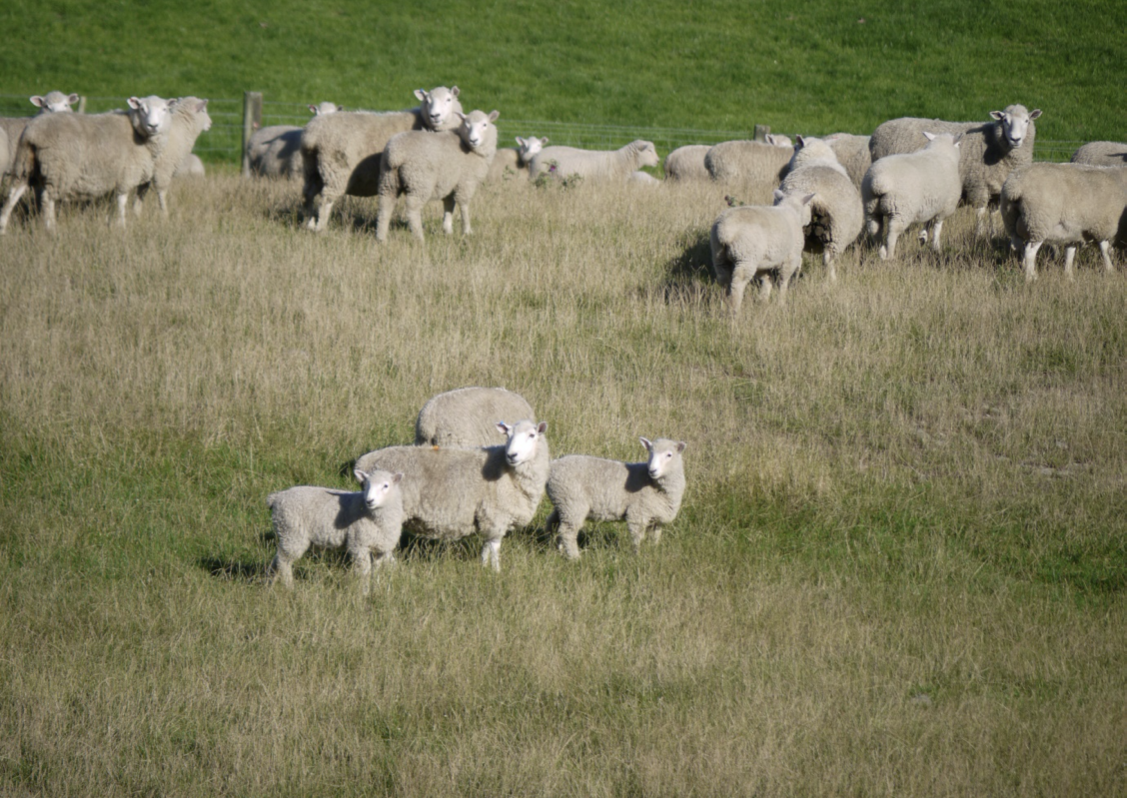
Improving your lambing percentage is one of the keys to attaining higher sheep farm productivity and profit. A successful mating period boils down to three essential elements: maximising the number of ewes mated in their first cycle minimising the number of ewes not mated maximising the twinning rate The trace element status of ewes in […]
READ MORE

Dry Cow Therapy decisions for 2021
It is the time of the year when we start to think about preparing for drying off the cows, and, in particular, what Dry Cow Therapy decisions need to be made this season. To make sure your cows are set up for a great milk quality season, there needs to be a meaningful discussion around […]
READ MORE

Crop transitioning
Planning for transitioning stock onto winter feed crops is of great importance in both preventing animal health issues and achieving intakes for maximum production. The goal, when transitioning stock onto a crop, is to give the rumen environment time to adjust to the new feed and prevent the development of problems such as acidosis on […]
READ MORE

Clostridial disease
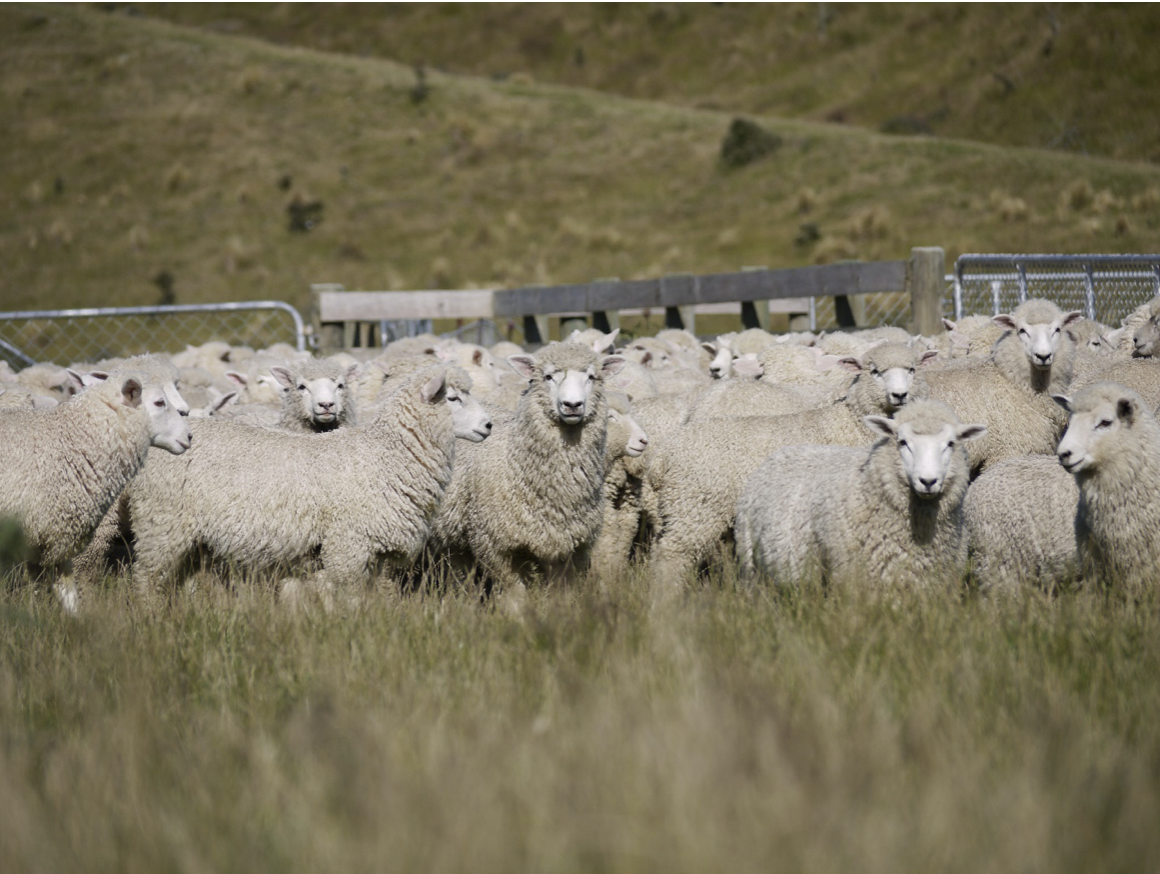
Clostridial diseases are diseases caused by bacteria that are able to form resistant spores. These spores are resistant to extremes in temperature and can survive in soil for many years, with some clostridial bacteria also existing within the normal intestinal flora of healthy stock. Under the right conditions, such as when a spore is present […]
READ MORE

Get in touch with your local Vetlife Clinic today to discuss your animal’s health concerns.
With vet clinics across the South Island, we look forward to welcoming you into one of our Vetlife clinics.
FIND A CLINIC